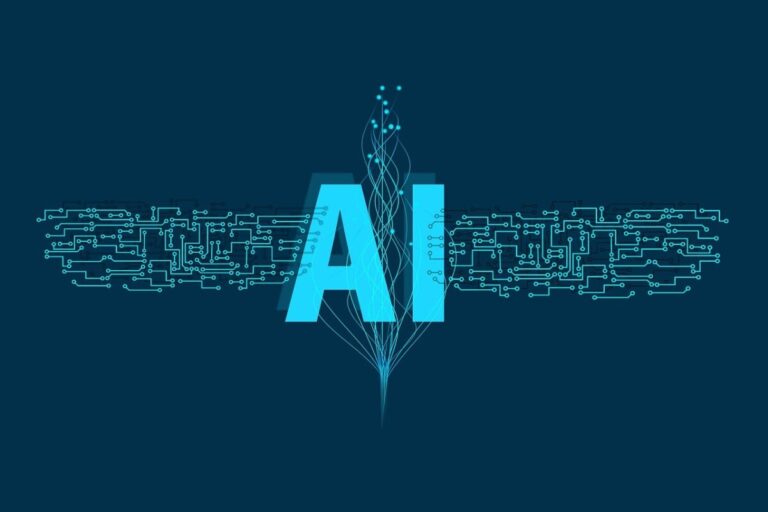4 ways AI in CRMs helps to improve fundraising

AI – the ability of a computer to automate tasks typically done by humans – and machine learning, which is the underlying process that allows machines to analyse data and learn from it to identify patterns in data and predict outcomes, play a key role in CRM.
Here is a quick guide to 4 key ways in which AI and machine learning in CRM systems supports and improves fundraising.
AI and machine learning are used in CRM systems to help charities to extract supporter insights from their data and, based on this information, work out which supporters are likely to have a greater propensity to take a particular action, such as become regular or major donors, or even leave, and how therefore to best communicate with them.
Advertisement
AI can handle much large quantities of data much faster than is possible manually, which is great for predictive modelling. As data is fed through a CRM system’s algorithms, machine learning finds the patterns, and develops predictive models on the actions individuals will take.
Carrie Cobb, Vice President of Data Intelligence, Blackbaud says:
“Predictive analytics can allow nonprofits to assign an appropriate target ask amount for each donor, which keeps from under-asking or leaving money on the table. Gift range predictions can also be used to assess donor potential in terms of real dollars, helping you prioritise cultivation efforts based not just on current giving level but also potential.”
This leads into segmentation. The information found by predictive analytics can then be used to develop smarter communications and supporter journeys.
Stephen O’Neill, Marketing Manager at Fundraising Kit explains:
“Think of AI as a Sorting Hat for your donors. Some donors’ highest lifetime value to your organisation would be a monthly recurring gift of $30 while others would be better off meeting with your Major Gift Officers. That type of segmentation has almost always been manual up until now. AI certainly isn’t going to replace good relationship building, well written copy, or effective communication of your impact but it will help you decide who should receive what message.”
Of course, this means it also helps fundraisers target their communications to the individual with greater personalisation. The patterns and insights AI and machine learning reveal on supporters can be used to create more personalised communications and smarter interactions.
That’s not the end of it though – another key benefit of AI and machine learning in CRM is the automation of processes and interactions they allow. By automating tasks like creating email campaigns, segmenting donors, or analysing donor data for example, time can be freed up for teams to spend on tasks elsewhere, while the donor experience can be streamlined.
Jane Trenaman, from Salesforce’s Nonprofit Industry Advisory Team, says:
“Automation of processes and interactions will allow you to streamline and optimise the donor experience. From donor onboarding to subsequent donor stewardship, AI can drive the next best actions in real-time, allowing true cultivation at scale. And it can bring more complex insights and predictions to the surface of large pools of data, facilitating the creation of a robust segmentation strategy based on past donor behaviour.
“There is a huge opportunity where the worlds of AI and fundraising meet, to bring your data-driven fundraising strategy to the next level with ease.”
For some CRM tips from charities, click here.



